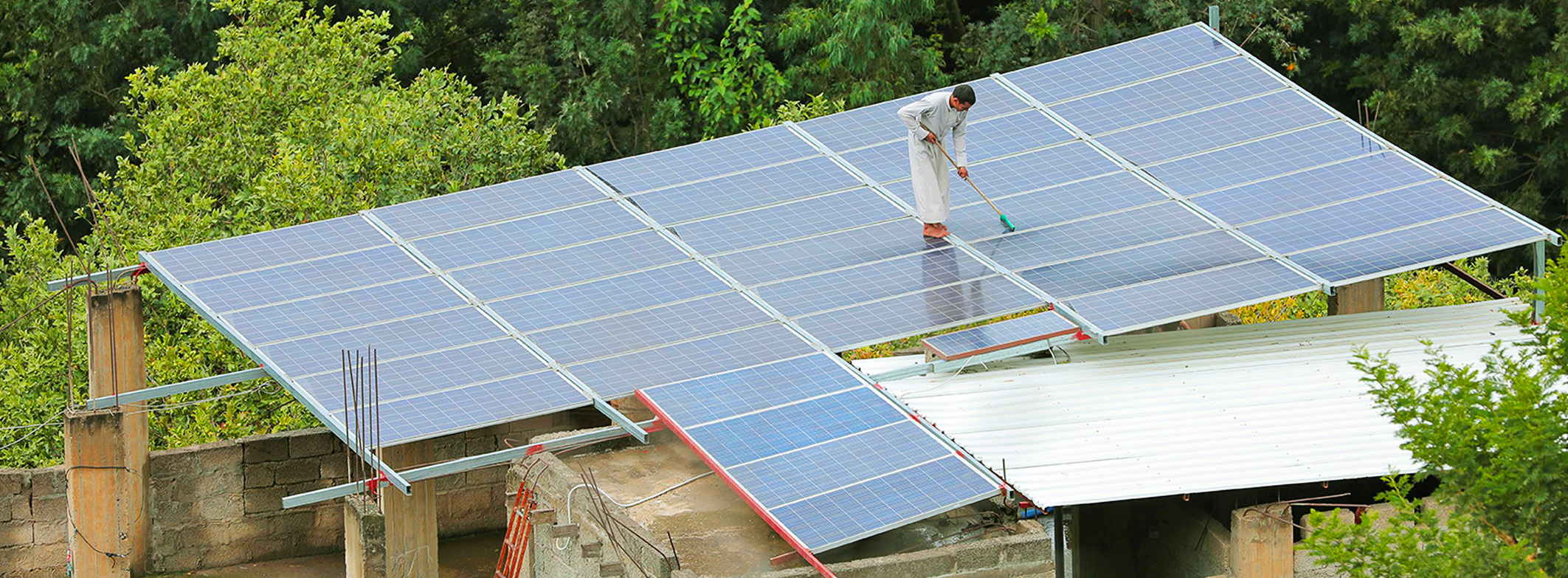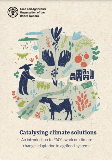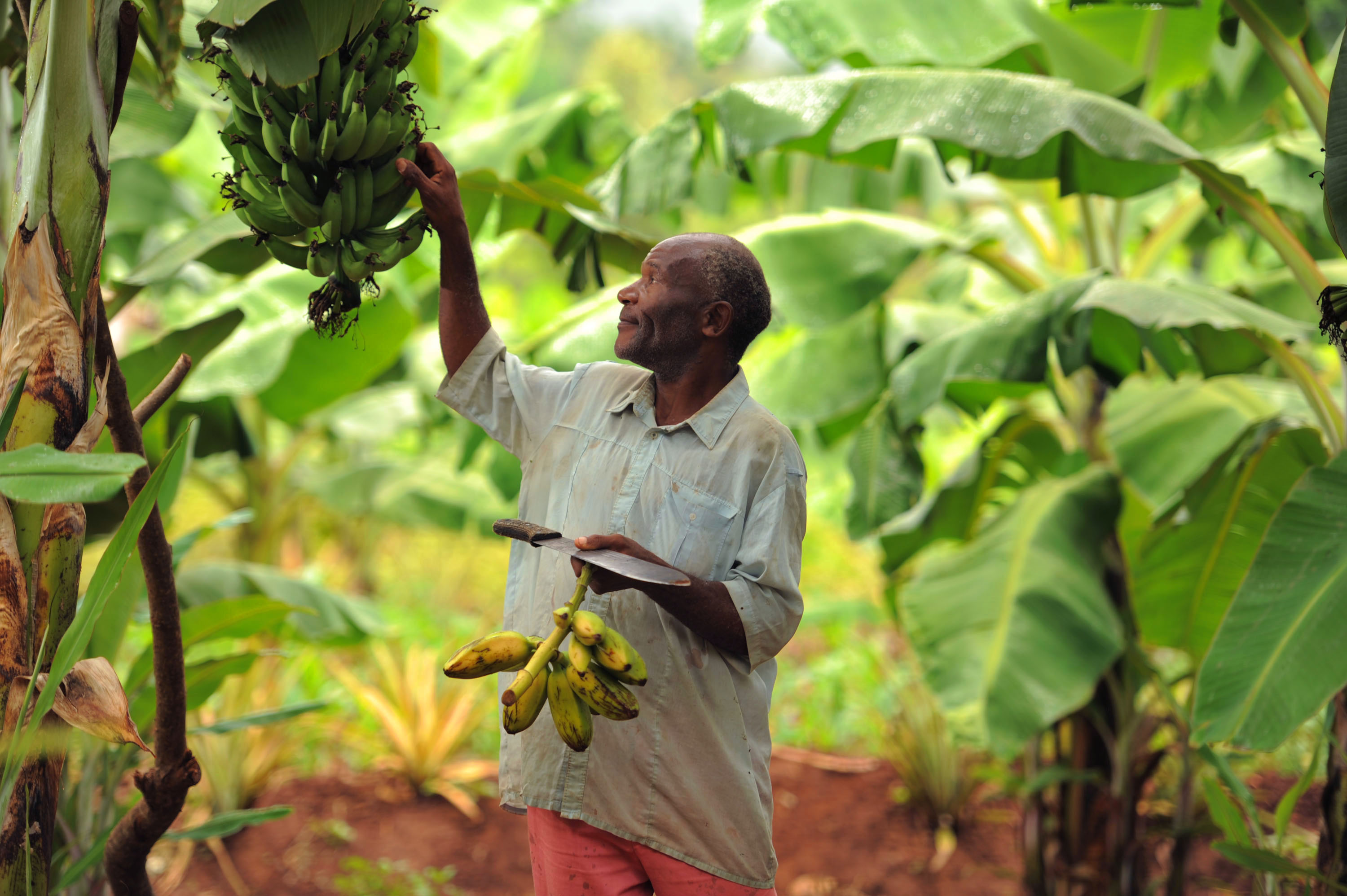
Policy support
FAO acts as a neutral forum, where all nations meet as equals to debate, negotiate agreements and strengthen global, regional and national climate and energy policy and governance.
Climate policy includes policies to mitigate climate change (reducing greenhouse gas emissions and removing greenhouse gases from the atmosphere, so that the climate does not change as much or as quickly); and to adapt to climate change (helping communities and businesses to build resilience and avoid the worst effects of warmer temperatures, extreme weather, and other impacts).
FAO works to ensure that energy policies are climate-friendly and focused on increasing the efficiency of energy use; increasing the sustainable production and use of renewable energy; and encouraging research into and the development of innovative energy technology.
How FAO supports
Latest publications

How FAO supports developing countries in their National Adaptation Plans
29/07/2024
National Adaptation Plans (NAPs) serve as vital policy instruments for guiding countries’ efforts to reduce vulnerability and build adaptive capacity and resilience to climate change impacts.

An introduction to FAO’s work on climate change adaptation in agrifood systems
08/12/2023
Due to the urgent need to protect communities, ecosystems, and economies from the impacts of a changing climate, adaptation is becoming increasingly relevant. Climate change is already a significant stressor on most global and local value chains and threatens food security. This makes timely implementation of sustainable adaptation actions that catalyse agrifood system resilience indispensable for working towards better nutrition, better environments and better production, leaving no one behind.

The agriculture sectors in the intended Nationally Determined Contributions: Analysis
01/01/2016
The Intended Nationally Determined Contributions (INDCs) served as a basis for negotiations at COP21 and provided the foundation for the Paris Agreement on climate change. Unless a Party specifies otherwise, its INDC will become its first Nationally Determined Contribution (NDC) upon submitting its instrument of ratification for the Paris Agreement.
Highlights

Nepal pursues a locally led adaptation approach to implement climate plans
11/04/2023
April 2023 – Nepal is home of the Himalayas and a country with a unique topography, including the world's highest peaks and deep river...

Nations adopt the Kunming-Montreal Global Biodiversity Framework
22/12/2022
The global deal aims to reverse biodiversity loss and set our world on the road to recovery

FAO’s Climate Risk Toolbox highlighted at IPPN’s Knowledge Café
23/02/2023
On January 18, FAO presented one of its latest tools developed by the Office of Climate Change Biodiversity and Environment (OCB)to support climate...




